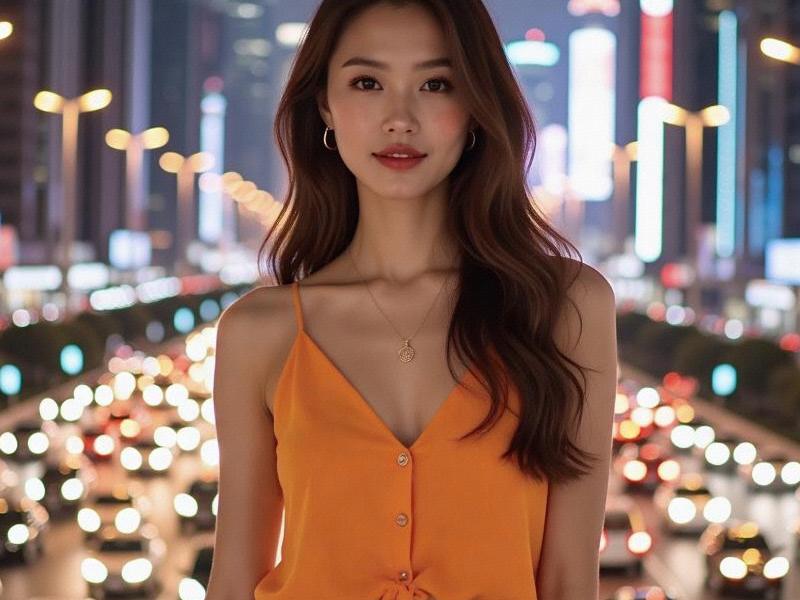This feature explores how Shanghai women are blending traditional aesthetics with global influences to crteeaunique beauty expressions while challenging conventional norms.

Section 1: The Shanghai Look Through History
1. 1920s-1940s: The Golden Age
- Qipao silhouette revolution
- Western cosmetics entering China
- Iconic figures: Zhou Xuan, Eileen Chang
2. 1980s-2000s: Reform and Opening
- First beauty pageants since 1949
- International brand arrivals
- Local cosmetics startups emerging
3. 2010s-Present: Digital Age
- K-Beauty/J-Beauty adaptations
上海龙凤419体验 - Douyin makeup trends
- Sustainable beauty movement
Section 2: The Modern Shanghai Woman
Survey of 1,200 residents reveals:
- 68% mix high-end and domestic brands
- 42% follow both Chinese and Western influencers
- Top 3 beauty priorities:
1. Skin health (89%)
2. Natural looks (76%)
3. Cultural authenticity (63%)
上海喝茶群vx Section 3: Industry Innovations
Shanghai's beauty economy features:
- Custom skincare algorithms using AI
- Heritage ingredient labs reviving TCM formulas
- Zero-waste packaging initiatives
- Live commerce studios generating ¥3.8B annually
Section 4: Cultural Contradictions
Ongoing tensions between:
- Traditional femininity vs feminist expressions
- Global trends vs local identity
上海品茶网 - Luxury consumption vs minimalist movements
- Age-defying pressures vs silver beauty acceptance
Section 5: Future Directions
Emerging trends include:
- "Smart Qipao" with responsive fabrics
- AR makeup try-on ecosystems
- Male grooming market expansion
- Beauty tech startups raising $280M in 2024
As Shanghai positions itself as Asia's new fashion capital, its women continue to navigate complex beauty landscapes - preserving cultural roots while pioneering innovations that may redefine Chinese aesthetics for generations to come.